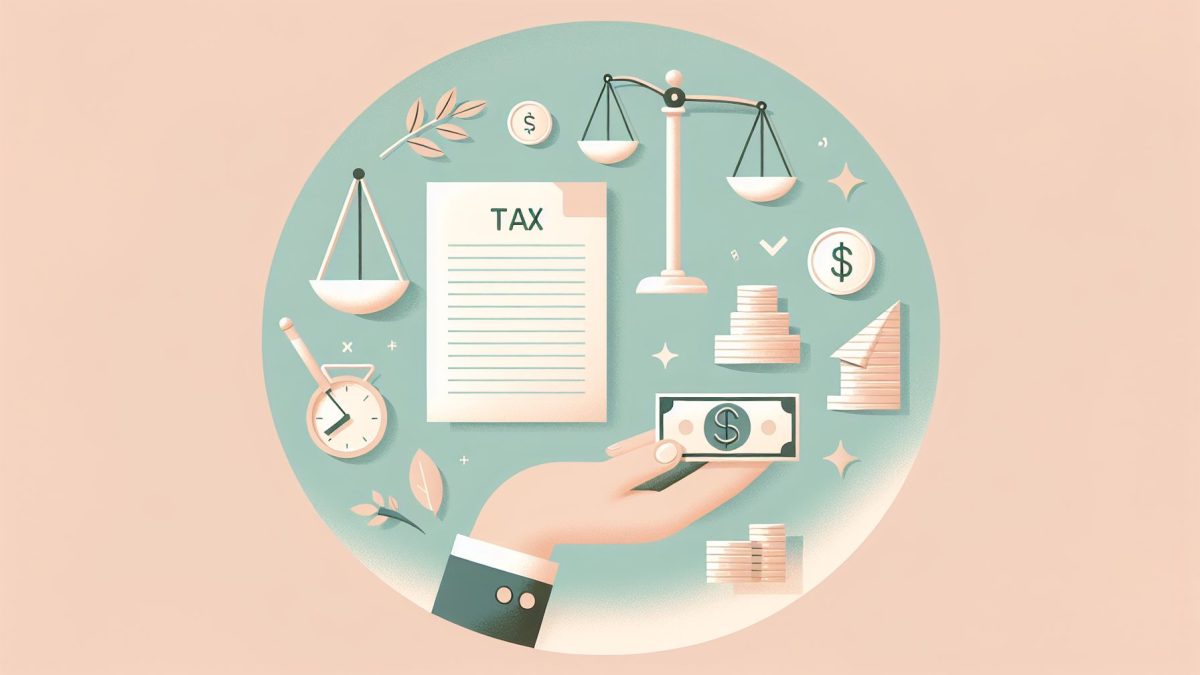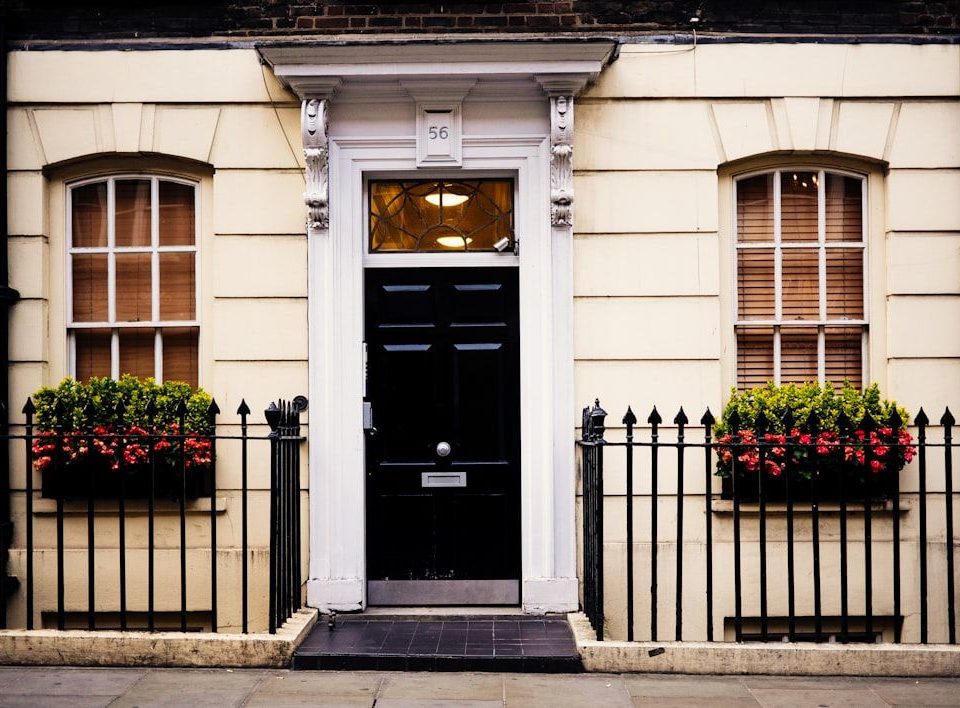
What is Working Capital Management? Essential Guide
October 25, 2025Labour’s Capital Gains Tax Plan: What Property Investors Need to Know
New Zealand’s Labour Party has announced a significant policy shift that could reshape the property investment landscape. In a move that ends months of internal debate, the party has committed to campaigning on a narrow capital gains tax (CGT) targeting property investments—while explicitly excluding family homes and farms.
This announcement represents a major development for property owners, investors, and anyone considering entering the real estate market. Here’s what you need to know about this proposed tax and how it might affect your financial future.
About the Capital Gains Tax: What Labour Is Proposing
Labour’s policy centers on a 28 percent capital gains tax on profits from the sale of investment properties. The CGT would apply only to properties sold after the policy takes effect in July 2027, meaning it would not be retrospective.
Crucially, the proposal includes significant exemptions:
- Family homes are excluded – Your primary residence would remain untaxed
- Farms are excluded – Agricultural land receives special protection
- The tax applies only to property investments, not other asset classes like shares or business assets
Labour plans to use the revenue generated from this tax to fund a new healthcare initiative: three free GP visits annually for all New Zealanders through a “Medicard” scheme. Every citizen would receive this card at birth or upon gaining residency or citizenship, with the system integrated into existing GP networks to track entitlements and usage.
NZ Capital Gains Tax: The Political Context
This policy announcement comes after a turbulent period for Labour’s tax strategy. Before the 2023 election, current Labour leader Chris Hipkins ruled out introducing either a wealth tax or capital gains tax, a decision that prompted then-revenue minister David Parker to resign in protest.
Following Labour’s election loss, Hipkins reversed course, putting all tax options “back on the table” and promising a “blank page” for policy development. The party membership agreed at last year’s conference to continue developing both CGT and wealth tax options, leaving the final decision to the policy council and caucus.
The caucus approved the CGT plan in a near-unanimous vote, signaling broad internal support for this approach over a broader wealth tax.
Labour’s Long History with Capital Gains Tax in NZ
This isn’t Labour’s first attempt to introduce a capital gains tax. The party has a complicated history with CGT proposals stretching back more than a decade:
- 2011: Phil Goff campaigned on a CGT but lost the election
- 2014: David Cunliffe also pushed for a CGT with unsuccessful electoral results
- 2019: Jacinda Ardern abandoned a broader CGT after failing to win over coalition partner NZ First, vowing never to revisit it while leader
Each previous attempt proved politically costly, making this latest proposal a calculated risk for the party.
Public Opinion and Political Response to a Capital Gains Tax in NZ
Recent polling suggests New Zealanders are more open to this idea than in previous years. A 2025 RNZ-Reid Research poll found 43 percent in support of a CGT on investment properties, with 36 percent against and 22 percent undecided—indicating voters are less firmly positioned than politicians on this issue.
However, the policy has already drawn criticism from political opponents. Deputy Prime Minister and ACT leader David Seymour labeled it “divisive,” arguing that New Zealand already has comparatively high tax revenue and taxes a higher percentage of the economy than the average OECD nation.
Seymour characterized the approach as “tall poppy syndrome,” suggesting it unfairly targets successful property investors to solve broader economic problems. He noted that “every couple of years there was a different group of people deemed to have caused a problem and has to be taxed or punished in some way.”
National has accused Labour of offering only criticism and few fresh ideas since the election, though this policy announcement clearly attempts to address that concern.
What a Capital Gains Tax Means for Property Investors
If Labour wins the next election and implements this policy, property investors should consider several implications:
CGT Timeline Considerations
With implementation planned for July 2027 and no retrospective application, any property gains realized before that date would not be taxed under this scheme. This creates a clear timeline for investors to make strategic decisions.
Investment Strategy Impact
The 28 percent tax on gains would significantly affect gains on investment property sales. Investors would need to factor this into their calculations when:
- Purchasing new investment properties
- Deciding whether to hold or sell existing properties
- Calculating expected returns on property investments
- Comparing property investment against other asset classes
Property Types Affected
The policy specifically targets investment properties, which typically include:
- Rental properties (residential)
- Commercial properties
- Holiday homes and baches (that aren’t primary residences)
- Vacant land held for investment purposes
CGT Planning Opportunities
The advance notice and clear exemptions create planning opportunities for property owners to:
- Restructure their property portfolios before implementation
- Consider timing of property sales relative to the July 2027 date
- Evaluate whether properties might qualify for exemptions
- Review overall investment diversification strategies
The Broader Capital Gains Tax Debate
This announcement sits within a larger conversation about tax fairness and wealth distribution in New Zealand. Proponents of capital gains taxes argue that:
- Property investors currently benefit from untaxed gains while wage earners pay income tax
- A CGT would create a more level playing field across different types of income
- The revenue could fund important public services like healthcare
- Most OECD countries have some form of capital gains taxation
Opponents counter that:
- New Zealand’s tax burden is already comparatively high
- Property investors contribute through other taxes and provide essential rental housing
- Such taxes could reduce investment in the property market and affect housing supply
- The policy targets success rather than addressing underlying economic issues
What Happens Next with a CGT?
Labour’s announcement is a campaign policy for the next election, not current law. Several scenarios could unfold:
- Labour wins the election: The party would need to pass legislation implementing the CGT, potentially facing opposition and requiring coalition support
- Labour doesn’t win the election: The policy becomes moot, at least until future electoral cycles
- Labour wins but forms a coalition: Implementation might require compromise with coalition partners, potentially modifying the proposal
The policy will undoubtedly become a major election issue, with both supporters and opponents making their cases to voters over the coming months.
Proposed Capital Gain Tax – Frequently Asked Questions
Q: Would this tax apply to the profit I make selling my family home?
A: No. The policy explicitly excludes family homes from the capital gains tax. Only investment properties would be affected.
Q: What about farms? Would they be taxed?
A: No. Agricultural land and farms are specifically excluded from this capital gains tax proposal.
Q: Would the tax apply to properties I already own?
A: The tax would only apply to gains on properties sold after July 2027, and it would not be retrospective. Any appreciation in value before the policy takes effect would not be taxed. We have heard the option for setting the base value of a property as at 1 July 2027 may include getting a registered valuation or relying on the CV. Both of these options have downsides in terms of cost/accuracy.
Q: What rate would the capital gains tax be and how is it calculated?
A: The proposed rate is 28 percent on the profit from the sale of investment properties. This is calculated on the difference between the purchase price (or the value at July 1, 2027, whichever is later) and their eventual sale price, minus money spent on the property.
This is maybe more favorable than how Brightline Test profits are taxed for individuals (currently taxed at their marginal tax rate).
Learn more: Understanding NZ Marginal Tax Rates: A Simple Guide
Q: Would this apply to shares, business assets, or other investments?
A: No. This is a narrow capital gains tax that applies only to property investments, not other asset classes. However, we would expect that this policy would eventually ‘creep’ into taxing more asset classes as time goes on.
Q: When would this proposed capital gain tax policy take effect if Labour wins the election?
A: The policy would be implemented from 1 July 2027, giving property investors time to plan and adjust their strategies.
Q: What would the capital gains tax revenue be used for?
A: Labour plans to use the revenue to fund three free GP visits annually for all New Zealanders through a new “Medicard” scheme.
Q: How is this different from previous capital gains tax proposals?
A: This is a much narrower proposal than previous attempts, which typically included a broader range of assets subject to tax. This version focuses exclusively on investment properties while protecting family homes and farms. This makes the introduction a lot more ‘palatable’ for voters.
Q: Would the proposed capital gains tax replace the Brightline Test?
A: Yes, we would expect this to.
Q: Could this affect rental housing supply?
A: This is a subject of debate. Some argue it might discourage investment in rental properties, while others contend that housing demand will ensure continued investment regardless of tax treatment.
Q: What if I’m planning to sell my investment property soon?
A: If sold before July 2027, the property would not be subject to this capital gains tax. However, there may be brightline test issues (or other tax considerations) to take into account. You should consult with financial and tax professionals about your specific situation.
Q: How much tax will this proposal raise?
A: At the time of writing, the press release provides no estimated range. We think there would a substantial net cost in the early years of introduction when funding the doctors’ visits. Any tax take is likely to take a years before any substantial amounts come through.
Take Action: Get Expert Guidance on Your Property Strategy
Whether you’re a current property investor, considering entering the market, or simply want to understand how this proposed policy might affect your financial future, now is the time to seek professional advice.
The potential implementation of a capital gains tax on investment properties represents a significant shift in New Zealand’s tax landscape. With implementation planned for July 2027, you have time to develop a strategic response—but waiting too long could limit your options.
Don’t navigate these complex changes alone. Our team of experienced financial and property advisors can help you:
- Assess how the proposed CGT might impact your current property portfolio
- Develop tax-effective strategies for your investment properties
- Evaluate timing considerations for property purchases or sales
- Review your overall investment diversification
- Plan for multiple political scenarios and outcomes
- Understand exemptions and how they might apply to your situation
Contact us today for a confidential consultation about your property investment accounting and strategy in light of these proposed changes. We’ll help you understand your options and develop a plan that protects your financial interests regardless of the political outcome.
Call us now to schedule your consultation. With major policy changes potentially on the horizon, informed decision-making has never been more important.
The political and tax landscape is evolving—make sure your property strategy evolves with it. Reach out to our team today and take control of your financial future.




